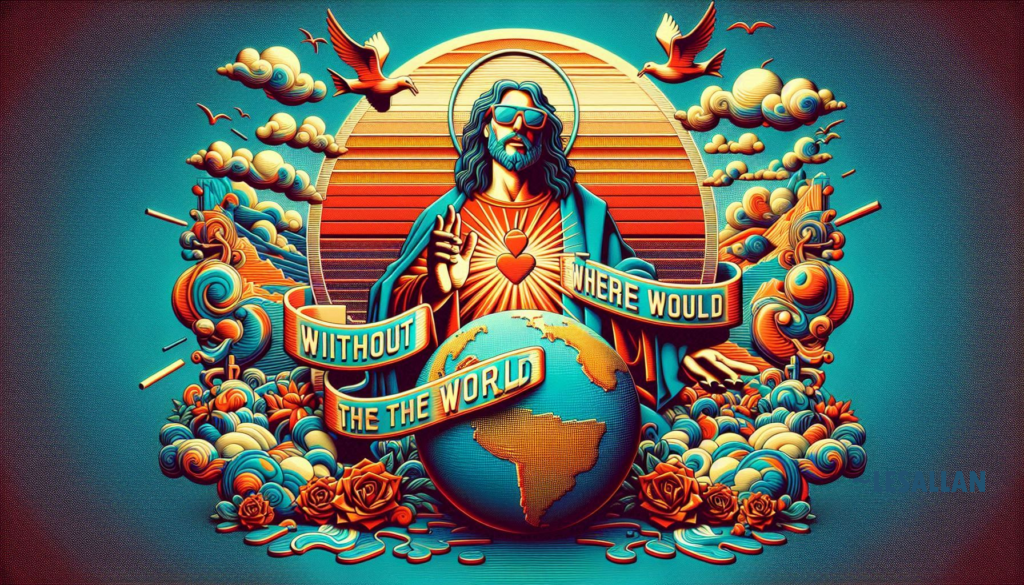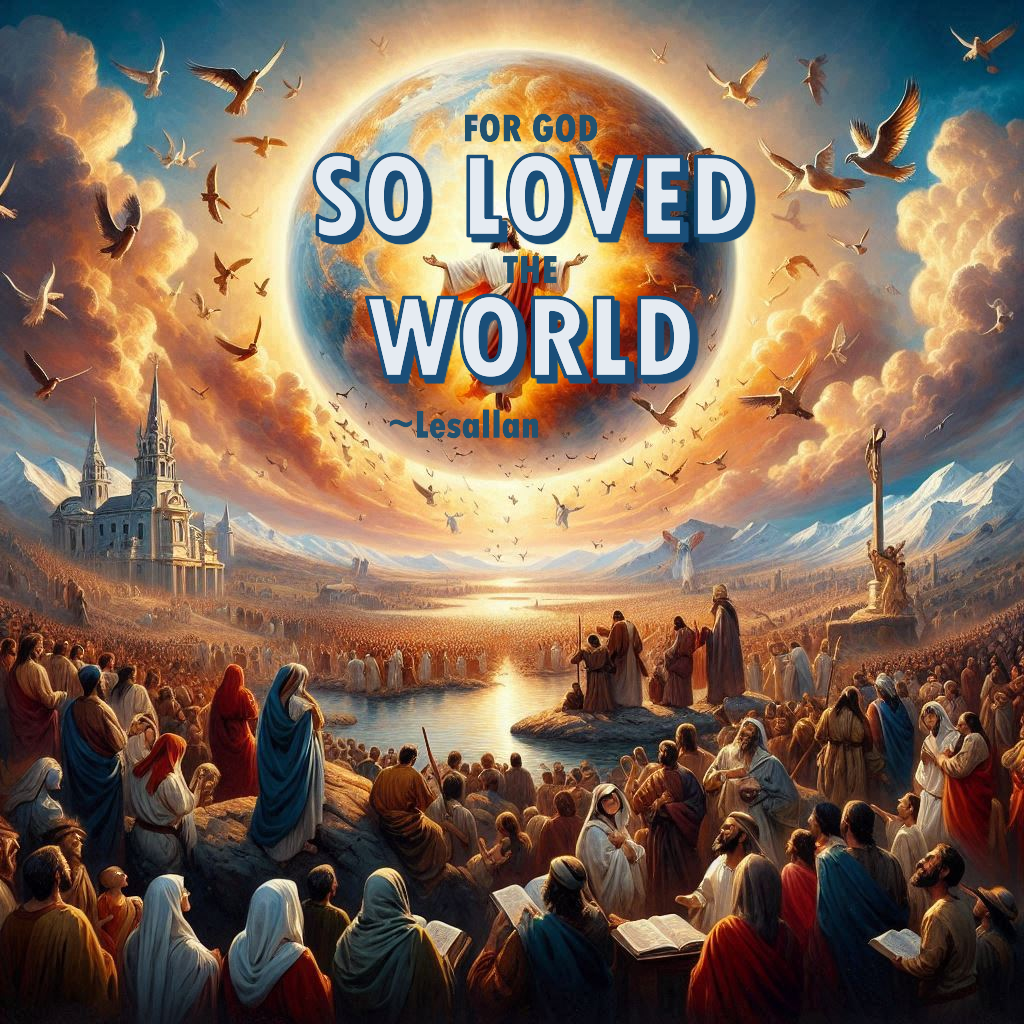Lesallan | March 31, 2025

The idea of a world without Jesus invites us into a vast, speculative landscape—a counterfactual history that touches on culture, morality, politics, and the evolution of ideas. While we can never know exactly what would have transpired, exploring this thought experiment can offer insights into the profound imprint that one figure can leave upon the world.
Cultural and Religious Impact
Jesus’s life and teachings not only gave rise to Christianity—a major world religion—but also helped shape the very fabric of Western civilization. His message of radical love, forgiveness, and compassion influenced art, literature, music, and even the social structures that underpin modern society. Christian rituals, symbols, and narratives have been central in forming community identities and cultural traditions for over two millennia. Without Jesus, the religious landscape might have evolved along different lines, perhaps emphasizing other philosophical or spiritual systems that would have led to a distinct form of community and collective identity.
Moral and Ethical Frameworks
Many of the moral and ethical ideals that are celebrated in Western societies—compassion for the poor, the sanctity of forgiveness, the emphasis on humility and service—find strong roots in the teachings attributed to Jesus. In a world without his influence, one might speculate that these values would have emerged from other sources. Philosophers, pagan traditions, or alternative religious figures might have taken center stage in guiding moral thought. For instance, figures like Confucius, Buddha, or even Greek philosophers might have come to represent the pinnacle of ethical guidance, leading to a moral framework quite different from today’s but still aimed toward fostering societal wellbeing.
Political and Social Institutions
The rise of Christianity dramatically altered the course of political and social developments. Medieval institutions—from monasteries that preserved learning during turbulent times to charitable hospitals and early universities—grew out of a Christian impulse toward community care and education. Without the unifying doctrine introduced by Jesus’s teachings, state and society might have developed through other channels, perhaps resulting in a world where secular humanism or alternative religious ideologies played a larger role. This could have led to differences in how modern legal systems, social welfare structures, or even democratic ideals evolved and spread across cultures.
Counterfactual Considerations
It is important to recognize that the convergence of multiple forces often shapes history. If Jesus had not existed, history might have welcomed another transformative thinker who addressed people’s spiritual and ethical needs in a turbulent era. Buddhism, Confucianism, or indigenous spiritual traditions have already provided a moral compass in other regions. In a sense, the drive for understanding, compassion, and justice seems inherent to human societies. Without Jesus, these impulses might still have led to profound changes, but the particular narrative—the personal story of sacrifice and redemption that has so deeply molded Western thought—would have been absent, arguably altering everything from art and literature to international politics.
In Summary
Without Jesus, many of the cultural, ethical, and institutional developments that define today’s world might look remarkably different. The influence of his teachings has provided a unifying narrative that has both shaped Western civilization and challenged individuals to aspire toward a higher moral ideal, fostering a unique blend of spiritual, artistic, and social innovation. However, human history is adaptive. The intrinsic human quests for meaning, justice, and compassion might have found expression through other traditions or remarkable figures, leading to an alternate—but no less complex—cultural and moral tapestry.
There is a wealth of avenues to explore here. For instance, we might examine how alternative religious or philosophical systems have influenced societies historically or explore how counterfactual history can reshape our understanding of modern ethics and institutions. What aspect of this counterfactual world intrigues you the most—the cultural shifts, moral reorientations, or perhaps the political implications?
Blessings,
Lesallan | March 31, 2025

References:
Bostron, L. (2025c, April). The World Without Jesus – A Journey In Life. Thechristianthing.com. https://thechristianthing.com/the-world-without-jesus/


